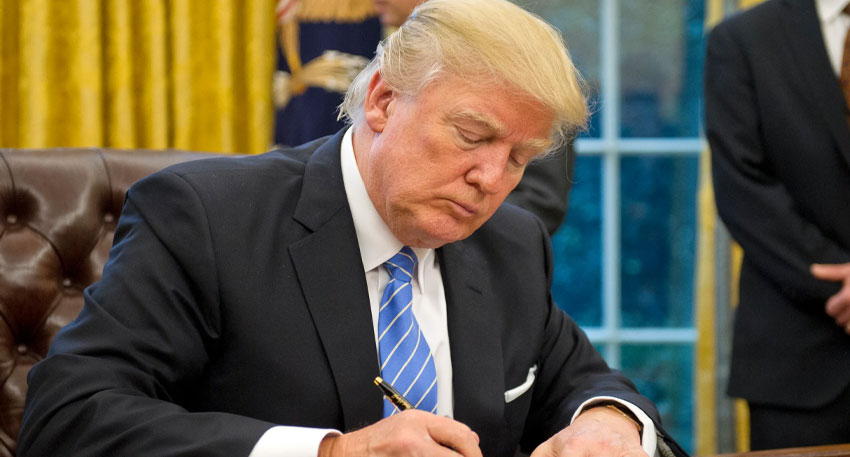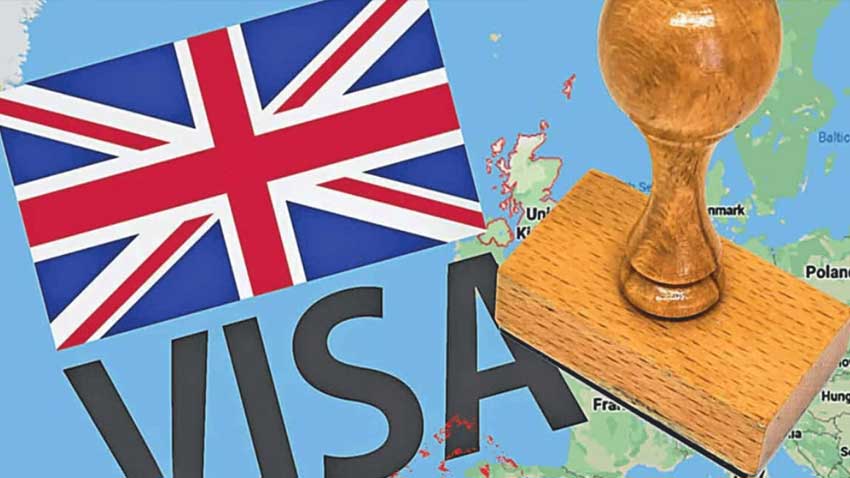
The announcement, made on Friday at the White House, also released a new "gold card" visa, granting U.S. permanent residency to those willing to contribute $1 million.
“The main thing is, we’re going to have great people coming in, and they’re going to be paying,” Trump told reporters.
The H-1B visa program, created in 1990, enables U.S. businesses to bring in foreign workers with special skills, mostly science, technology and engineering talent, for a first three-year stint, renewable for a maximum six years. Currently capped at 85,000 visas annually through a lottery system, the program has been used by the tech industry for decades to plug talent shortages.
Administration officials said the sharp fee increase aims to ensure companies only sponsor workers with exceptional expertise. “If you’re going to train somebody, train one of the recent graduates from one of the great universities across our land. Train Americans. Stop bringing in people to take our jobs,” U.S. Commerce Secretary Howard Lutnick said.
The newly introduced "gold card" residency pathway also marks the administration s move in the direction of wealth-based immigration.
Critics have cautioned that the expensive sponsorship fee could drastically change the H-1B system, disqualifying smaller companies and limiting opportunities for foreign skilled professionals. The reforms follow Trump s wider immigration crackdown, which has also involved stricter restrictions on international students, calls for access to social media accounts of applicants, and travel bans on several nations.




